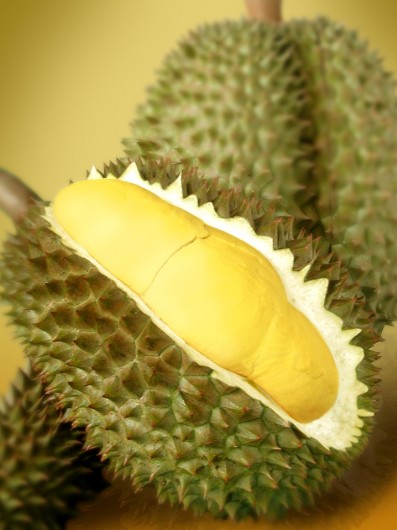Which Fruit Has The Most Potassium?
What is Potassium?
Potassium is a mineral that can be found in many different types of foods we eat. It can be found in bananas, cantaloupe, cucumbers, lima beans, tomatoes, potatoes, yam, spinach, papaya, lentils, kidney beans and swiss chard. Potassium helps the nerves in the body and muscles to function properly and balances the electrolytes and acids in the body as well. Potassium is a necessary mineral that must be consumed in order for our bodies to stay healthy and our organs to function properly. Around 4,700 mg of potassium should be consumed each day. Children under the age of ten need around less than 2,000 mg of potassium per day.
Potassium in Our Body
Potassium is not just a mineral but an electrolyte. It dissolves in water easily and that is why it is necessary for the body. Potassium travels throughout the body helping muscles to contract, blood pressure to stay low, the heart to pump and nerves to function properly. Potassium can be found in meat, fish, fruits and vegetables. People only get around 2,000 mg of potassium a day, which is not enough. However, too much potassium is called hyperkalemia. The kidneys are responsible for getting rid of excess vitamins or minerals, which usually is not a problem for some people; however, other people may suffer heart problems if they consume too much potassium. Lack of potassium is called hypokalemia. This can lead to weakness, muscle cramps, heart problems and other serious health issues.
Overall, it is very important that people eat a well-balanced meal so that they consume an adequate amount of potassium and other vitamins and minerals. Not enough or too much potassium can cause health problems. Potassium is crucial to the proper function of the body’s nerves, muscles and heart.
Top Fruits For Potassium Content
The amounts of Potassium are given for 100g of each fruit.
1 Durian 436,00 mg
2 Guava 417,00 mg
3 Blackcurrant 361,00 mg
4 Banana 358,00 mg
5 Pumpkin 340,00 mg
6 Kiwi 312,00 mg
7 Jackfruit 303,00 mg
8 Elderberry 280,00 mg
9 Passion Fruit 278,00 mg
10 Redcurrant 275,00 mg
11 Melon (Cantaloupe) 267,00 mg
12 Apricot 259,00 mg
13 Papaya 257,00 mg
14 Carrot 237,00 mg
15 Tomato 237,00 mg
16 Pomegranate 236,00 mg
17 Fig 232,00 mg
18 Cherry (sweet) 222,00 mg
19 Gooseberry 198,00 mg
20 Mulberry 194,00 mg
21 Grape 192,00 mg
22 Peach 190,00 mg
23 Orange 181,00 mg
24 Lychee 171,00 mg
25 Tangerine 166,00 mg
26 Blackberry 162,00 mg
27 Plum 157,00 mg
28 Mango 156,00 mg
29 Strawberry 153,00 mg
30 Raspberry 151,00 mg
31 Cucumber 147,00 mg
32 Lemon 138,00 mg
33 Grapefruit 135,00 mg
34 Pear 121,00 mg
35 Watermelon 112,00 mg
36 Apple 107,00 mg
37 Lime 102,00 mg
38 Cranberry 85,00 mg
39 Blueberry 77,00 mg
40 Mangosteen 48,00 mg
41 Pineapple 30,50 mg
